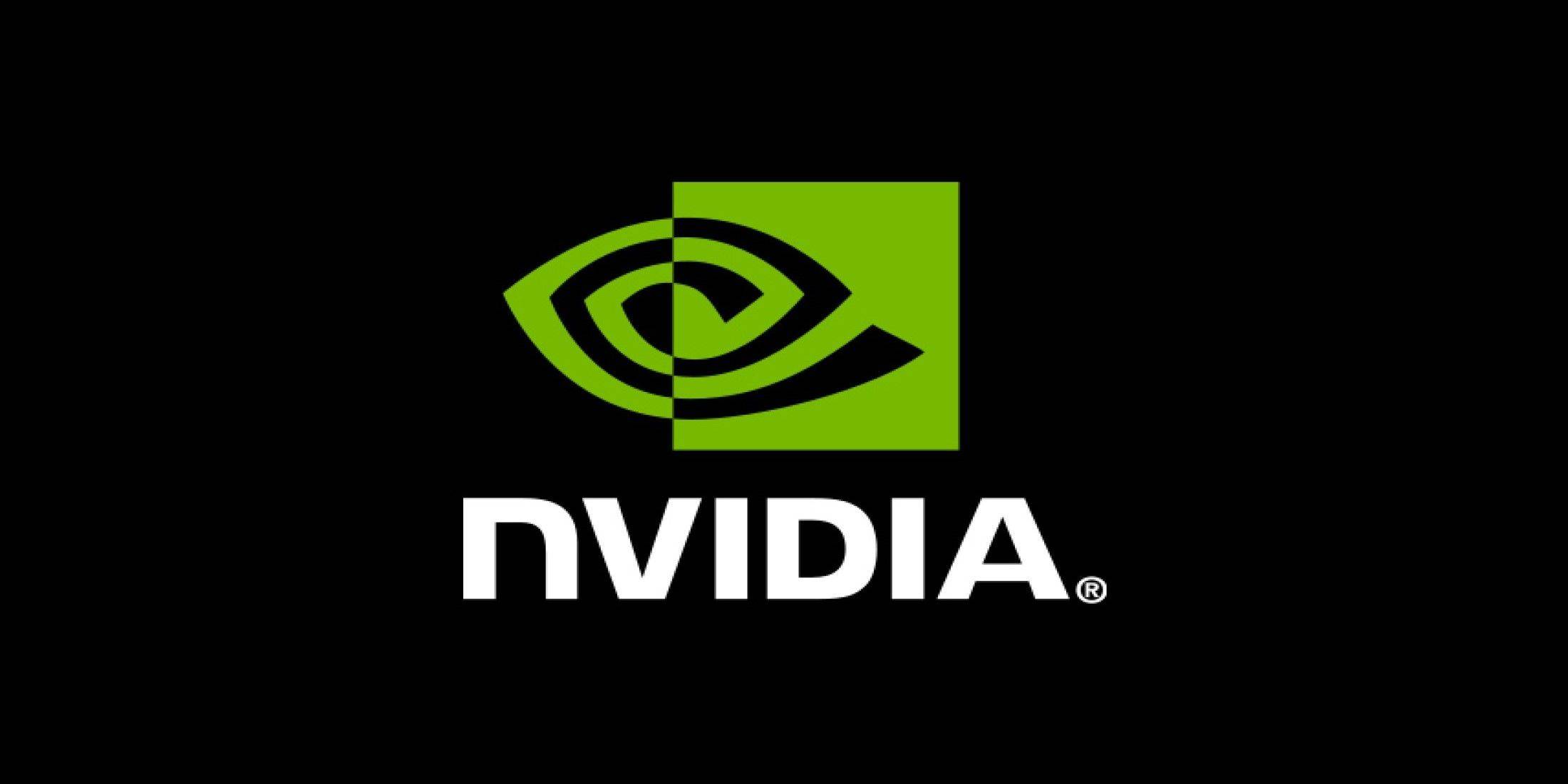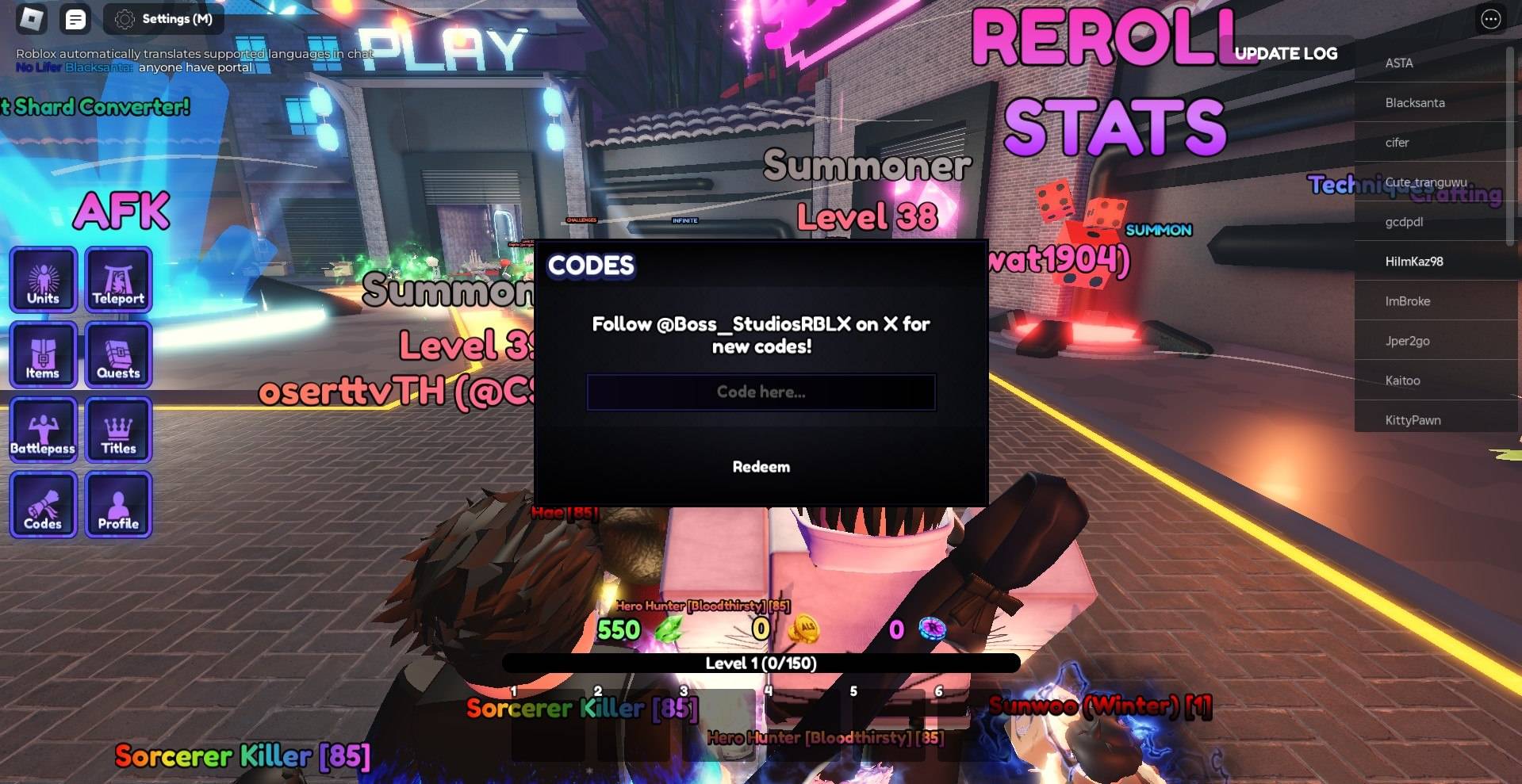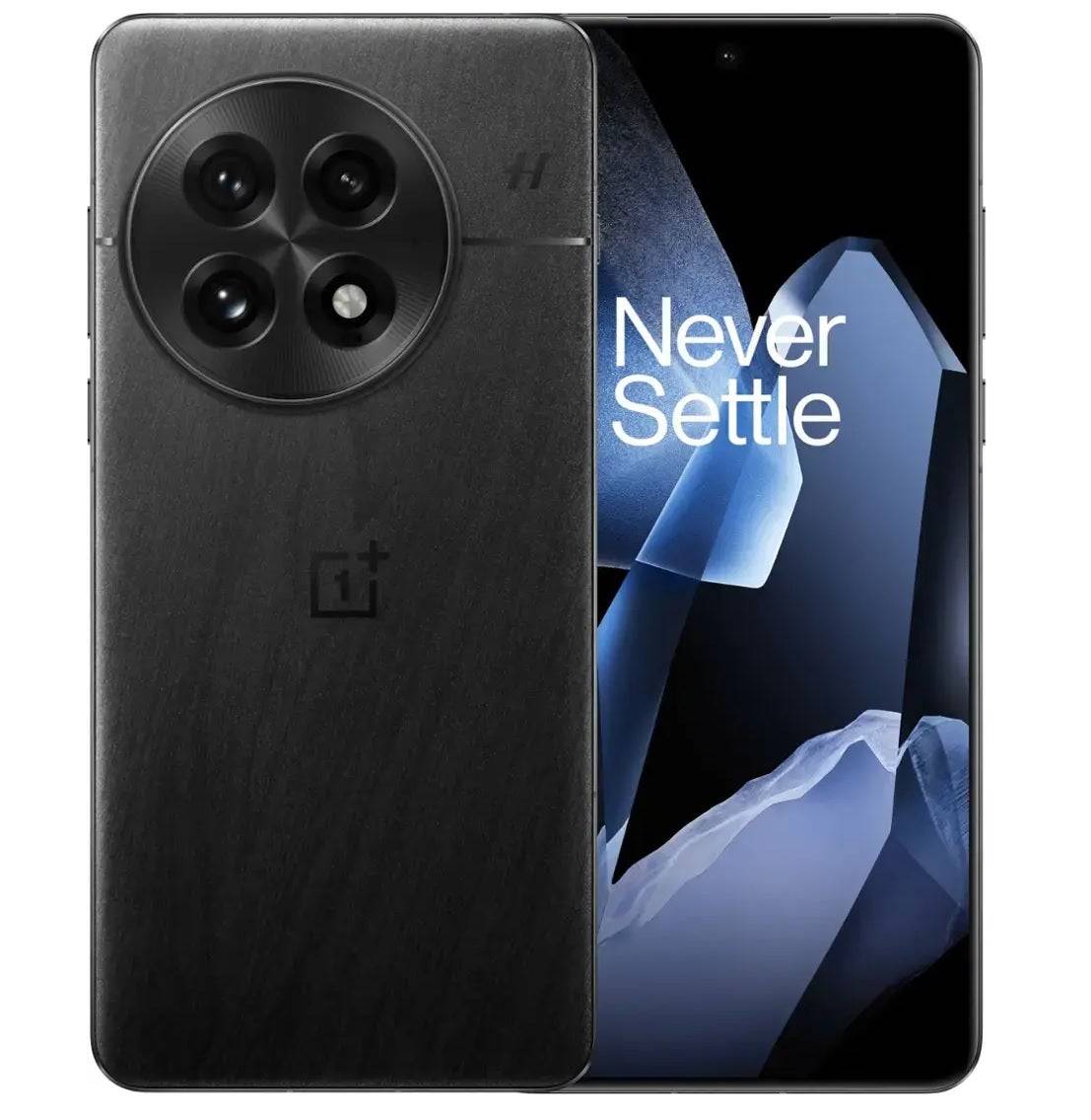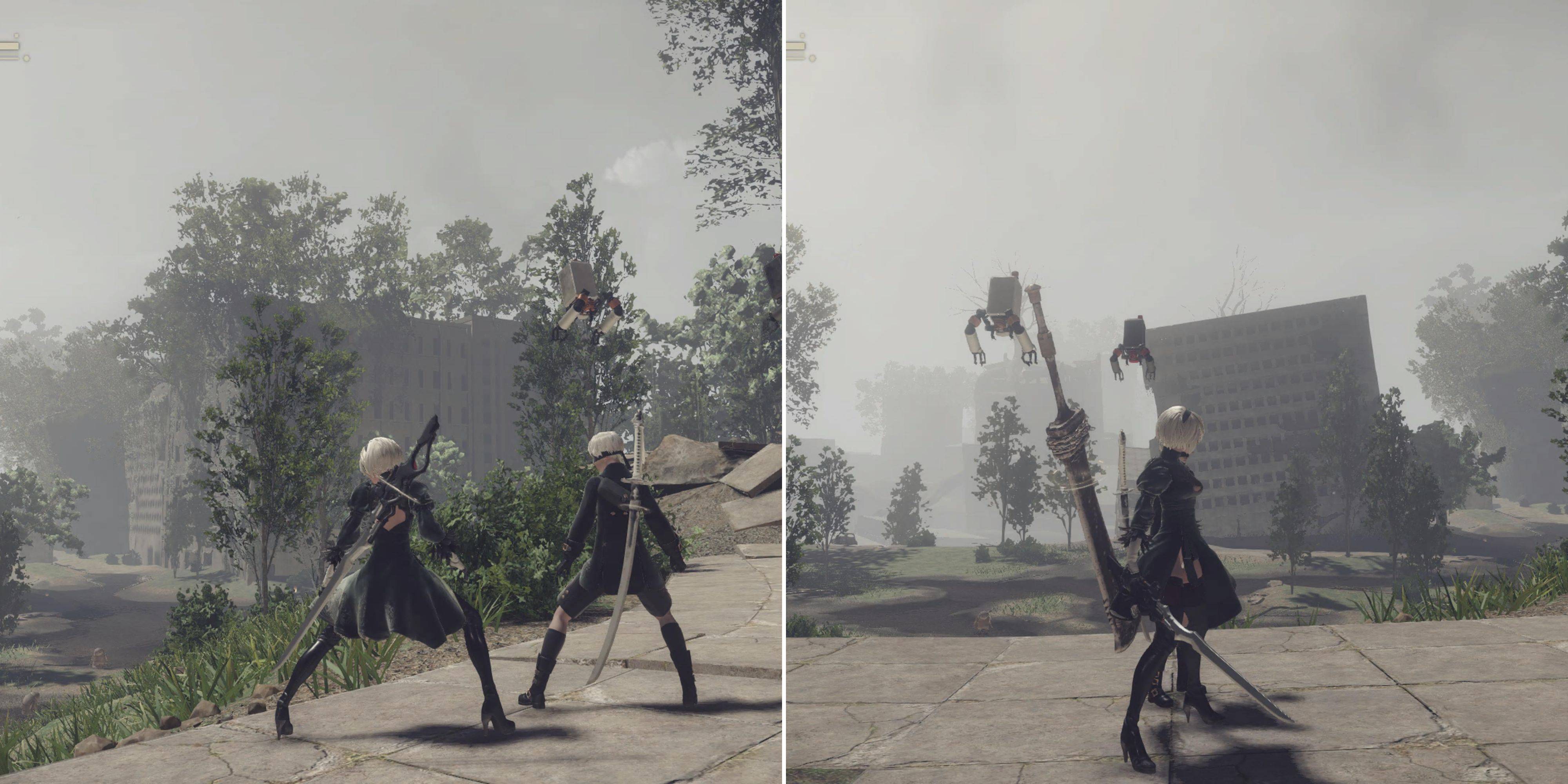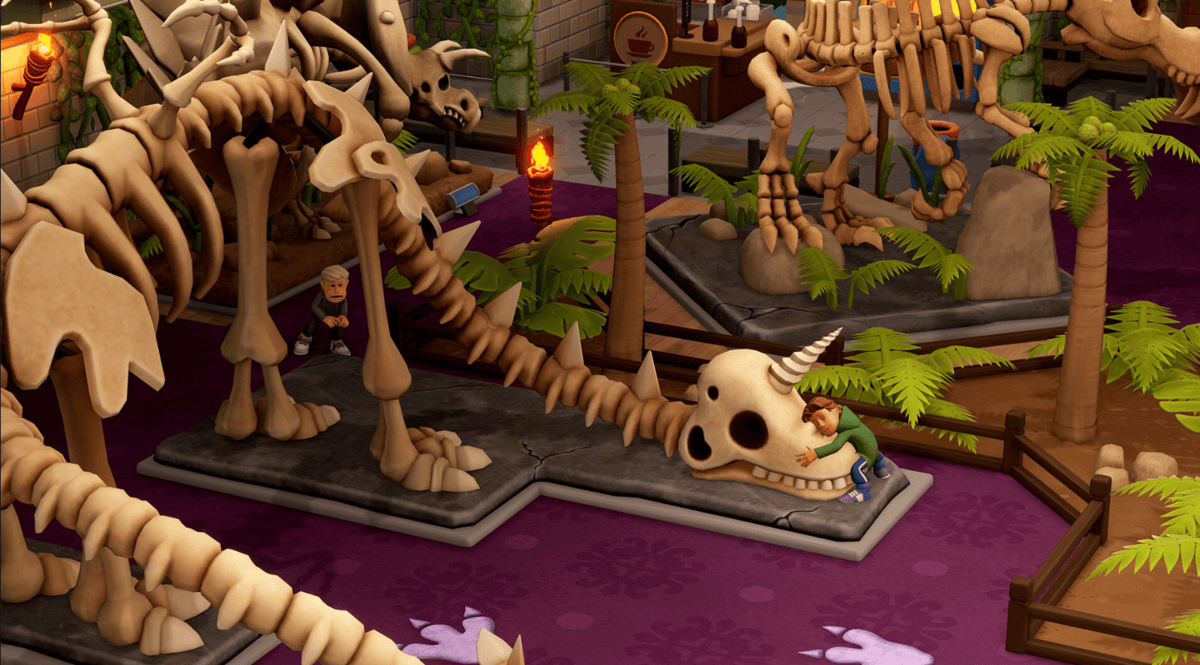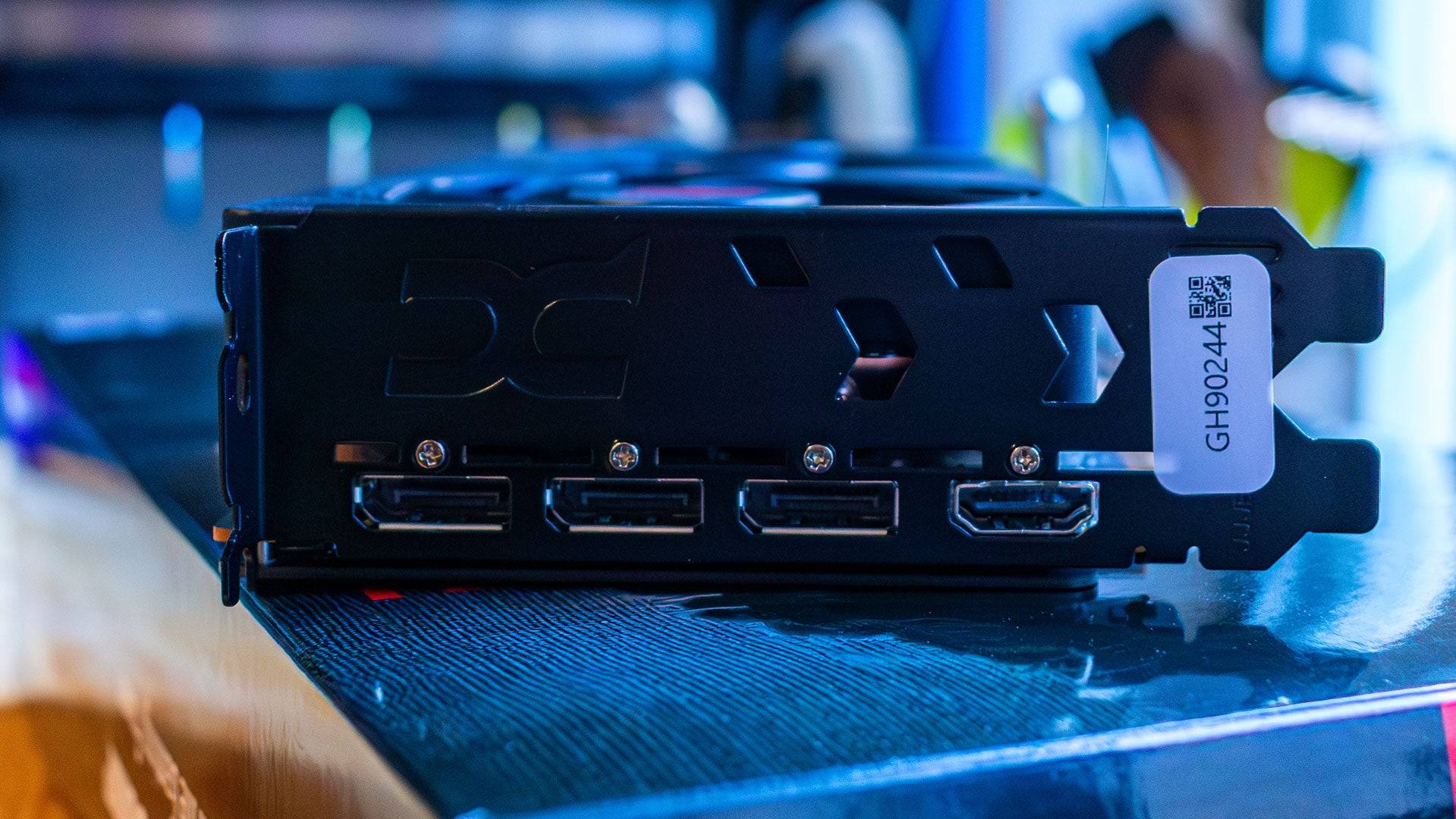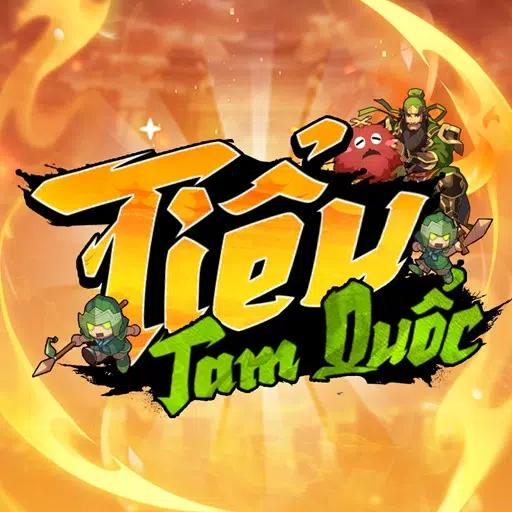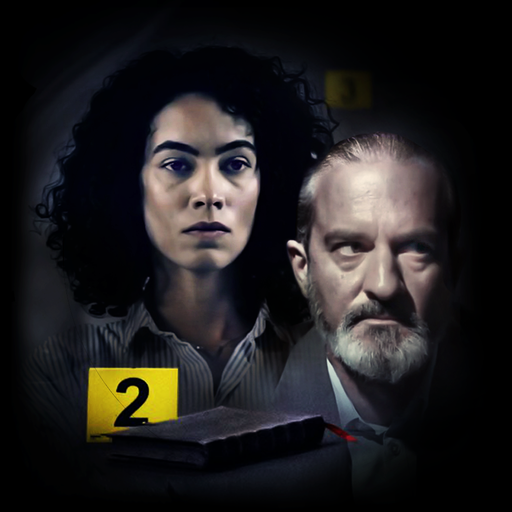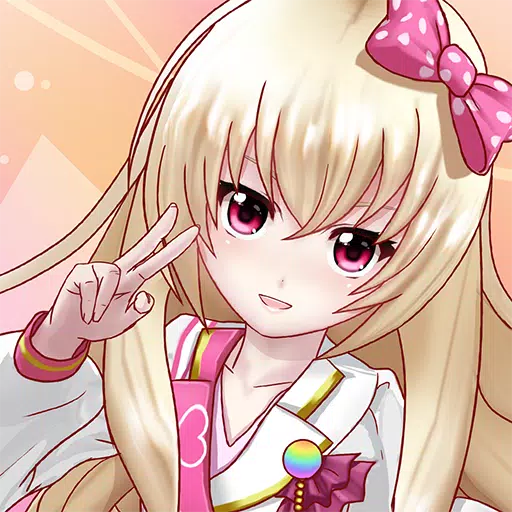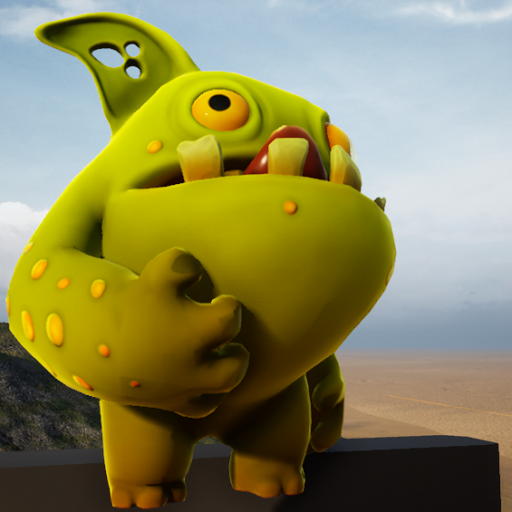Yoko Taro Fears AI Will Jobless Game Creators, Reducing Them to 'Bards'
The integration of artificial intelligence (AI) into video games has sparked extensive discussions, with prominent figures like NieR series director Yoko Taro expressing concerns over its potential impact on game developers. In a recent interview at Famitsu, translated by Automaton, a panel of renowned Japanese game developers, including Yoko Taro, Kotaro Uchikoshi (known for Zero Escape and AI: The Somnium Files), Kazutaka Kodaka (Danganronpa), and Jiro Ishii (428: Shibuya Scramble), delved into the future of adventure games and the role AI might play.
When asked about the future trajectory of adventure games, Kotaro Uchikoshi voiced his apprehension about AI's rapid evolution. He stated, "There’s a lot of new games I want to create, but with AI technology evolving at such a high speed, I fear that there is a possibility that AI-generated adventure games will become mainstream." Uchikoshi emphasized the importance of maintaining a "human touch" in game development, noting that current AI struggles to match the depth and creativity of human writing.
Yoko Taro echoed these concerns, suggesting that AI could potentially displace game creators. He remarked, "I, too, believe that game creators may lose their jobs because of AI. There’s a chance that in 50 years, game creators will be treated like bards." This statement underscores a fear that AI might reduce the role of human creators to mere storytellers of the past.
The discussion also touched on whether AI could replicate the intricate worlds and narratives crafted by these developers. Yoko Taro and Jiro Ishii agreed that AI could indeed mimic their creations, but Kazutaka Kodaka argued that AI would fall short in emulating the essence of a creator. He likened this to how other writers might mimic David Lynch's style, but Lynch himself could evolve his style while retaining its authenticity.
Yoko Taro proposed using AI to generate new scenarios within adventure games, such as alternative routes. However, Kodaka pointed out that this personalization could diminish the shared experience that games often provide.
The conversation around AI in gaming extends beyond this panel. Other industry leaders, including Capcom, Activision, and Nintendo president Shuntaro Furukawa, have explored or commented on AI's potential. Furukawa noted that while generative AI could be used creatively, it also poses challenges related to intellectual property rights. Both Microsoft and PlayStation have also contributed to the ongoing dialogue about AI's role in the gaming industry.
This insightful discussion highlights the complex interplay between technological advancement and the human element in game development, a topic that continues to evolve as AI technology progresses.
Latest Articles

![1xBet [Updated]](https://imgs.yx260.com/uploads/76/1719623227667f5e3be7616.jpg)









